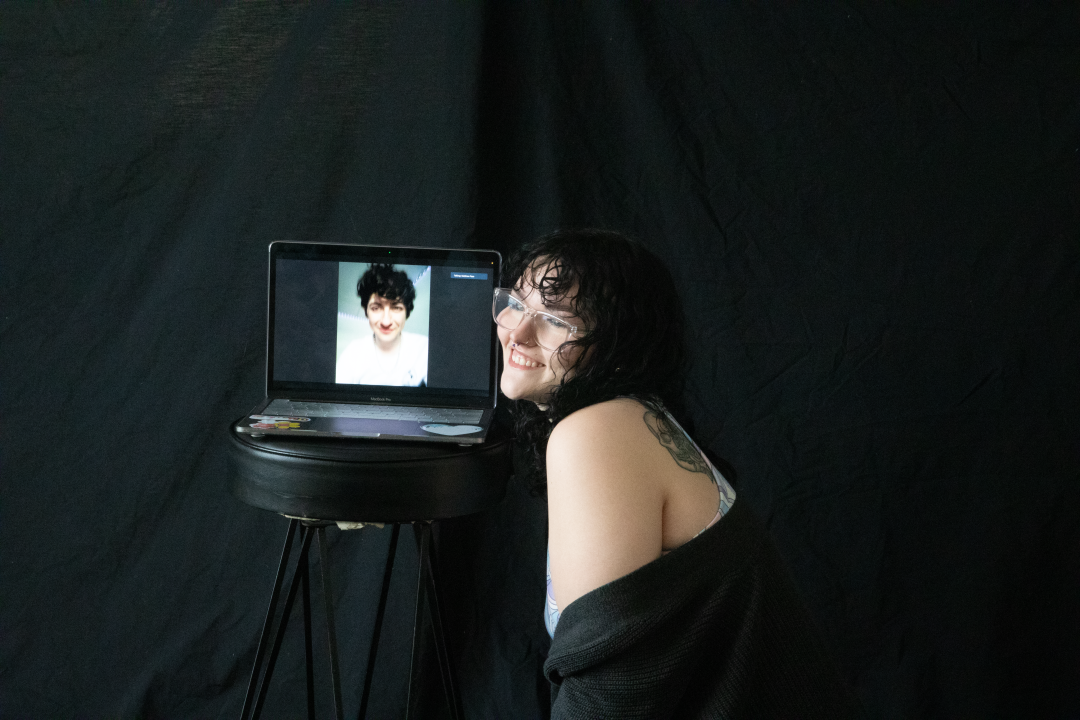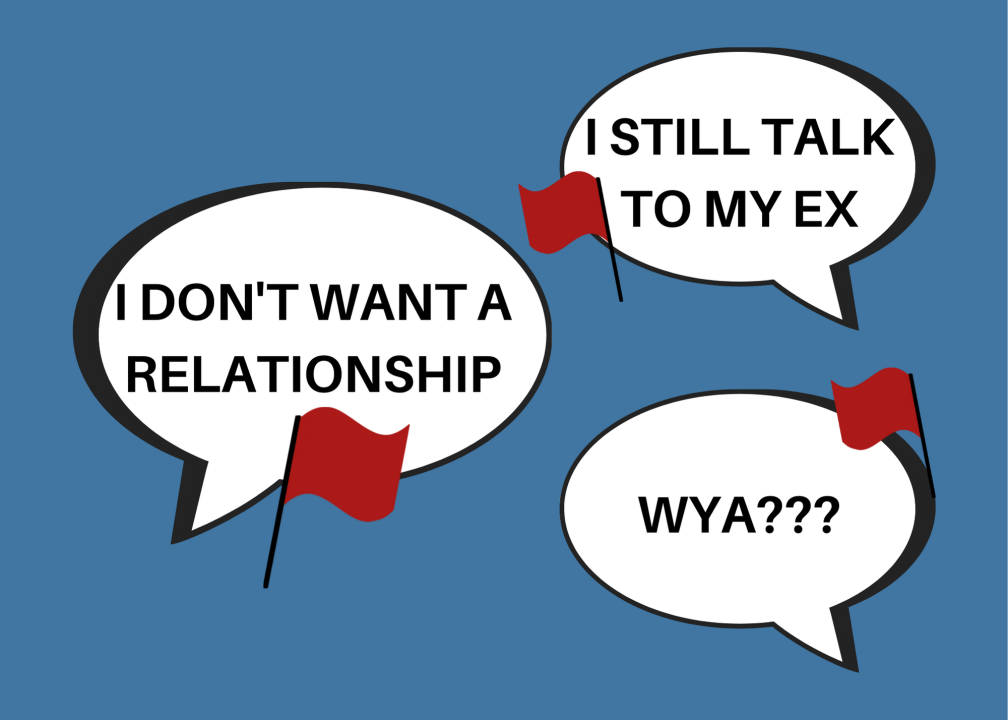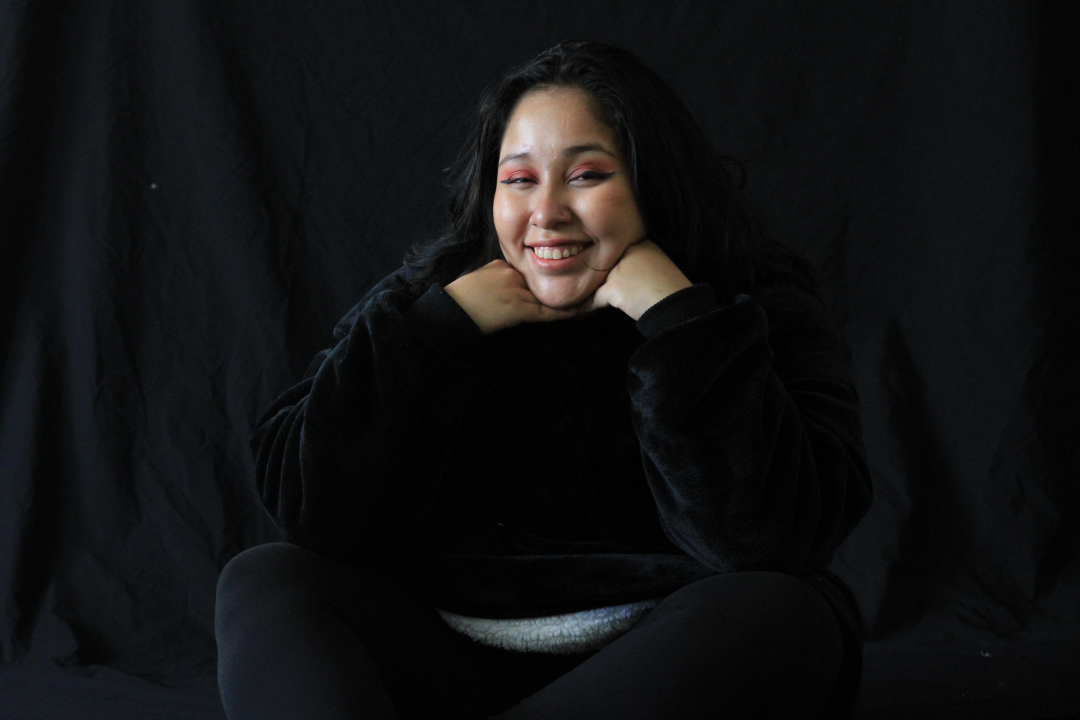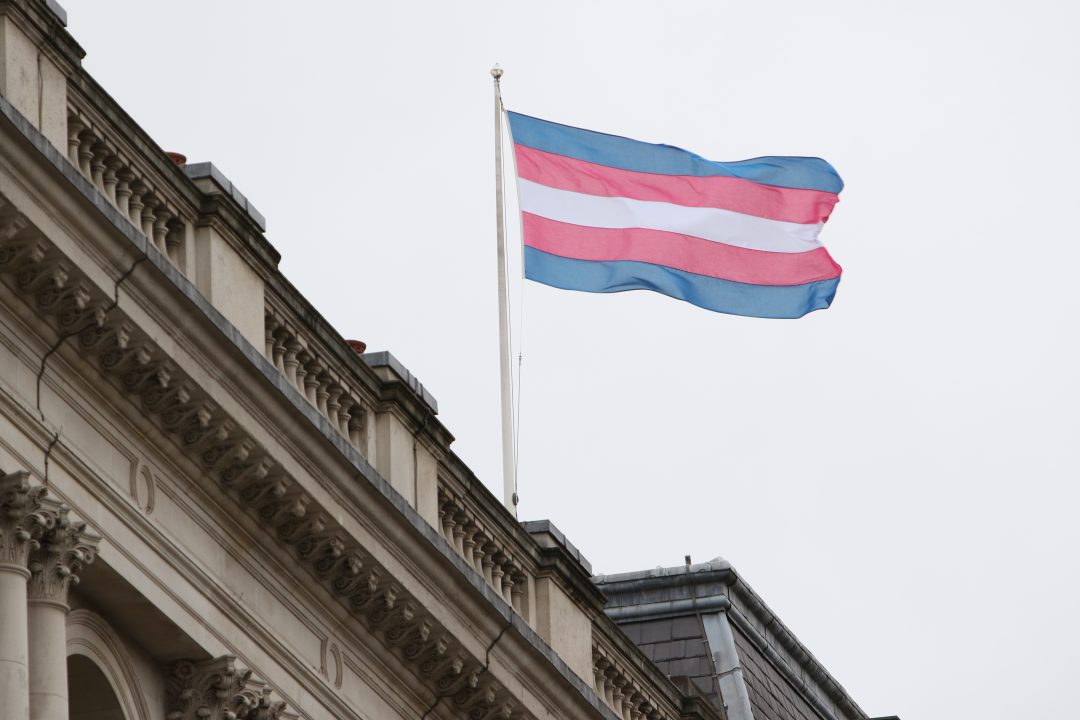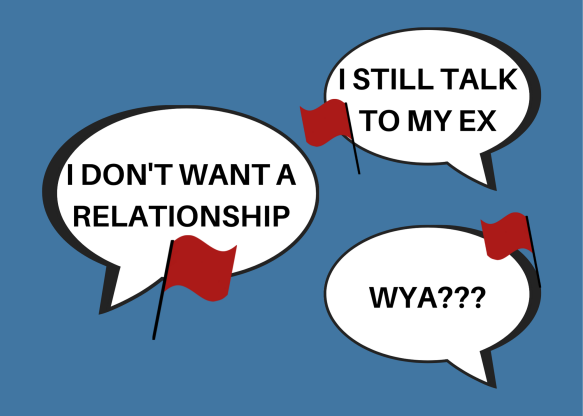
“That’s a red flag.”
“Red flags” are signs in relationships that may reveal toxic or unhealthy qualities and actions. As the phrase has gained popularity in today’s culture, we see these red flags more in movies, TV shows and in everyday life in unhealthy relationships that become toxic. While every relationship has its trials, experts say a toxic relationship is one that is consistently unpleasant and affects a person’s health and well-being.
Lillian Glass, a California-based psychology expert who coined the term “toxic” in her 1995 book “Toxic People,” says that a toxic person in a relationship is one who makes their partner feel horrible about themselves. Glass said there are about 30 types of toxic people based on their personality makeup, including the “jealous competitor,” the “arrogant self-righteous know-it-all” and the “emotional refrigerator.”
Twenty-five Stony Brook students responded to a survey recently conducted by The Statesman. About 74% said they have been in a toxic relationship and around 68% said they have been in an abusive relationship — whether the abuse they endured was verbal, mental or physical.
“A toxic lover is inconsiderate of their partner and aims to control their partner,” an anonymous senior chemical engineering major said in response to the survey. “A toxic lover cares too much about how others see the relationship and not enough about the quality of that relationship. A toxic lover is not a lover at all.”
While it may be hard to immediately identify warning signs, relationship experts have determined a few key ones that indicate a toxic relationship.
Some warning signs include feeling like you’re walking on eggshells, that you are investing much more than you are getting in return, that your partner holds you back or that you lack independence or that your sense of self-worth has dramatically declined, according to Kelly Campbell, an associate professor of psychology and human development at California State University, San Bernardino.
According to the survey, respondents also felt that projecting idealism of love onto a partner, being nonchalant about everything, constant insults in front of others and being fearful of being apart are additional indicators of a toxic relationship.
An anonymous sophomore psychology major said that another sign of toxicity is when a person treats their partner poorly and knows it, but expects their partner to stay. What makes the behavior toxic is that the partner apologizes, says they’re going to do better and then doesn’t, creating a cycle.
Love bombing is another popular red flag, in which a partner overwhelms the other with consistent loving words and behaviors as a manipulative technique to gain the upper hand in the relationship. Love bombing becomes toxic because as the person lavishes their partner with gifts, constantly compliments them and is intense with their needs and attention, they are doing so to win their partner’s trust and affection to meet their goal of having their partner be fully and completely in love with them.
Love bombing can also be diagnosed as obsessive love disorder, which refers to “a condition where you become obsessed with one person you think you may be in love with,” according to Healthline.
According to the survey, about 40% of respondents said they have experienced love bombing in a relationship. Twenty percent said they have received over-the-top gifts, and 55% said they have been on the receiving end of excessive attention and flattery.
Another popular indicator of a toxic relationship is feeling a sense of isolation from family and friends. Isolation occurs when a person wants their partner to spend all of their time with them, and in doing this, they begin to control who said partner can see and spend time with.
About 35% of respondents said they have experienced isolation from family and friends at the hands of a partner, according to the survey. Sixty percent also said they have been with a partner who expressed both controlling behavior and extreme jealousy and possessiveness.
Extreme jealousy and possessiveness may look like not allowing a partner to leave their side, needing to know who they’re with and where they are at all times and checking their phone to see who they speak to. This behavior can also lead to frequent accusations of cheating or flirting with other people, and even stalking.
The survey found that the most popular red flag was gaslighting, as 75% of respondents said they have been gaslit before. Gaslighting is an “insidious form of manipulation and psychological control” where the victim is “deliberately and systematically fed false information that leads them to question what they know to be true,” according to Psychology Today.
A recent episode of the popular TV show “Euphoria” showed an example of gaslighting. As the character Kat is having dinner with her boyfriend Ethan, she lies and attempts to break up with him, saying she has a terminal brain disorder. When Ethan calls out Kat for lying, she begins to gaslight him by shifting the blame and calls him a liar in return, to manipulate Ethan and get him to break up with her.
About 86% of respondents in the survey said they believe movies and TV shows idolize toxic love.
In an interview with The Statesman, Glass said that reality TV especially idolizes “horrible behavior,” and sends a message that it is okay to stay in a relationship in which partners are treating each other poorly. Glass also said that movies and TV shows sometimes lack a sense of respect that is necessary for a relationship.
“I think these shows also show us what we should not expect and what we should not accept and the second you see something is the second you need to be out of there,” Glass said. “You need to speak up and not be a doormat and realize that sometimes you have to move on and sometimes certain relationships can do horrible things to you emotionally and physically.”
Glass emphasized that what’s toxic to one person may not be toxic to another and that every person can uniquely tolerate a trait or behavior.
“There are various types of personality traits that are toxic to other people that may not be upsetting or toxic to you,” she said. “You may notice that you tend to attract or you know you find certain types of people toxic.”
Glass also shared the importance of learning to heal and move on from a toxic relationship.
“I believe we deal with the pain, to keep even a glimpse of the love,” Carolina Ruiz, a senior biology major said in the survey. “We want to know the love was real, and sometimes it’s hard to truly let it go.”
Glass said the first step in healing is to reassess what happened in the relationship and why the person wasn’t right for them. Glass also believes that everything happens for a reason and that a healthy relationship should be filled with communication and respect.
“It is really just about picking yourself up,” she said. “Everybody in the world gets hurt and they get depressed, especially if a relationship doesn’t work out, but maybe it’s the best thing that could have happened to you.”
Take this quiz to find out if you have ever been in a toxic relationship:











